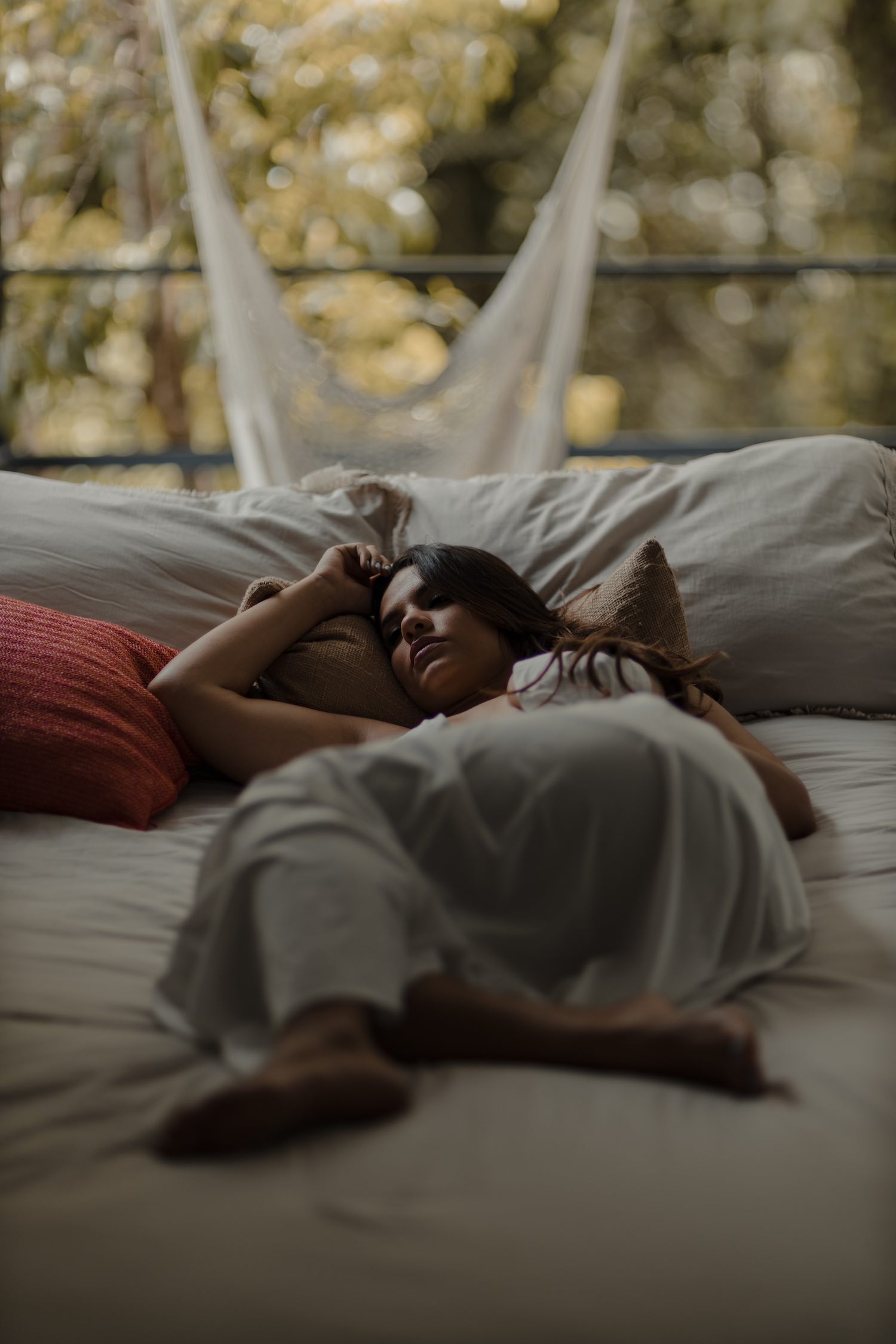Introduction: The age-old question of whether it’s okay to drink decaf coffee before bed has left many coffee lovers puzzled. In this article, we delve into the insights provided by PVHC (Pomona Valley Health Centers) to shed light on the subject. By examining the facts and dispelling myths, we aim to help you make an informed decision about enjoying a cup of decaf coffee in the evening.
Understanding the Effects of Decaf Coffee: In general, it takes your body approximately six hours to eliminate half of the caffeine consumed. However, decaf coffee contains significantly less caffeine than its regular counterpart, typically ranging from 2 to 15 milligrams per cup. This low caffeine content makes it unlikely for decaf coffee to have a substantial impact on sleep quality when consumed in moderation.
Individual Sensitivity to Caffeine: While decaf coffee is considered low in caffeine, individual sensitivity plays a crucial role. Some individuals are more sensitive to even trace amounts of caffeine, which can disrupt their sleep patterns. If you find that even minimal caffeine affects your sleep, it may be wise to avoid consuming decaf coffee before bed.
Factors Affecting Sleep Quality: It’s important to note that factors other than decaf coffee consumption can significantly influence sleep quality. Lifestyle choices, stress levels, evening habits, and overall sleep hygiene are vital contributors to a good night’s rest. Maintaining a consistent sleep schedule, establishing a calming bedtime routine, and minimizing stimulating activities before bed are essential for optimal sleep regardless of coffee consumption.
Potential Benefits of Decaf Coffee Before Bed: Interestingly, decaf coffee offers potential health benefits beyond its impact on sleep. The presence of bioactive compounds and antioxidants in decaf coffee has been associated with reducing the risk of certain diseases, including type 2 diabetes and certain types of cancer. Enjoying a cup of decaf coffee before bed can provide a comforting and pleasurable ritual, helping individuals unwind and relax.
Personal Preference and Tolerance: Ultimately, the decision to drink decaf coffee before bed depends on personal preference and tolerance. Some individuals may find that decaf coffee has no adverse effects on their sleep, while others may prefer to avoid it altogether. It’s crucial to listen to your body, evaluate how decaf coffee affects your sleep patterns, and make choices accordingly.
Conclusion: In conclusion, moderate consumption of decaf coffee before bed is generally considered safe for most individuals. The minimal caffeine content in decaf coffee makes it unlikely to disrupt sleep quality. However, individual sensitivity to caffeine should be taken into account. Additionally, maintaining good sleep hygiene practices and considering other lifestyle factors contribute more significantly to overall sleep quality.
Decaf coffee can be a delightful part of your evening routine, providing a sense of comfort and potentially offering health benefits. By being aware of your personal preferences, listening to your body, and practicing good sleep habits, you can make an informed decision about enjoying a cup of decaf coffee before bed. Remember, everyone’s sleep needs and responses are unique, so find what works best for you and savor your decaf coffee with peace of mind.

